Bachelor of Civil Engineering
OVERVIEW
The civil engineering program qualifies students according to a study plan that extends for five academic years, during which the department works to build a scientific base that includes many engineering skills and knowledge in the fields of civil engineering, such as land and aerial surveying and all of its field applications, theories of structural analysis, in addition of traffic and transportation engineering applications and road networks design, as well as branches of irrigation, hydraulics, water resources, hydrology, water supply networks, sewage, sanitary and environmental engineering.
MISSION
Providing sophisticated academic education to graduate qualified civil engineers to meet the needs of the labor market, contribute to community service, and keep up with the professional development through self-learning and scientific research
OBJECTIVES
The objectives of the civil engineering program are summarized as follows:
- Prepare graduates to become qualified engineers in the field of civil engineering.
- Prepare graduates to work and communicate professionally and ethically with stakeholders in the labor market.
- Prepare qualified graduates to be admitted to postgraduate programs.
POTENTIAL JOBS
Professions/jobs for which students are qualified:
- Civil Engineer
- Road Planning Engineer
- Surveyor Engineer
- Sanitation Network Engineer
- Water Network Engineer
- Construction Engineer
- Projects Manager Engineer
- Water Resources and Environmental Engineer
Relevant occupational/ Professional sectors:
- Construction Sectors.
- Municipalities.
- Public Works.
- Private Contracting Companies.
Program Learning Outcomes
| Knowledge and Understanding | |||
| K1 | Demonstrate the basics of mathematics, science, and engineering relevant to the civil engineering discipline, with awareness of other related disciplines and professional fields. | ||
| K2 | Explain the recent developments in civil engineering fields. | ||
| K3 | Describe the research methodology, data collection methods, and statistical analysis procedures. | ||
| Skills | |||
| S1 | Identify, formulate, and solve complex engineering problems by applying principles of engineering, science, and mathematics. | ||
| S2 | Develop and conduct appropriate experimentation, analyze and interpret data, and use engineering judgment to conclude. | ||
| S3 | Apply engineering design to produce solutions that meet specified needs in the civil engineering field with consideration of public health, safety, and welfare, as well as global, cultural, social, environmental, and economic factors. | ||
| S4 | Apply proper analytical and numerical techniques, modern technology tools, software packages, and information technology to solve civil engineering problems, do applied research, and write technical reports. | ||
| S5 | Communicate effectively with a range of audiences. | ||
| Values, Autonomy, and Responsibility | |||
| V1 |
| ||
| V2 |
| ||
| V3 |
| ||
COURSEs Specification
The course descriptions catalog describes all undergraduate courses offered by Civil Engineering Program.
LABORATORIES OF THE CIVIL ENGINEERING Program
The study of civil engineering is a hands-on discipline that requires students to apply theoretical concepts to real-world problems. The laboratory experiments in this Manual will provide you with the opportunity to gain practical experience in a variety of areas, such as strength of materials, fluid mechanics, soil mechanics, structural analysis, transportation engineering, and environmental engineering. By completing these experiments, you will develop important skills such as problem-solving, critical thinking, and teamwork. You will also learn how to use a variety of laboratory equipment and how to collect and analyze data. The laboratory experience is an essential part of your civil engineering education, and this Manual will help you make the most of it.
Students Graduation statistics
The Civil Engineering program at Al-Baha University was established in the academic year 1426/1427 H (Hijri calendar). The program graduated its first cohort in the second semester of the academic year 1430/1431 H. As shown in the figure below, the number of graduates has fluctuated over the years, with an average of approximately 60 students graduating annually. Until the academic year 1443/1444 H, the program followed a two-semester system with an optional summer semester. In the academic year 1444/1444 H, the program transitioned to a three-semester system.
Graduation Project
The graduation project provides an integrated assessment of the students toward the desired civil engineering competencies. The graduation project is the first step in transferring students from the academic community to the industrial environment. The main target of the graduation project is to improve the student's technical skills, and communication skills by integrating writing, presentation, and teamwork opportunities. The graduation project is comprehensive focuses on professional practice and includes a variety of non-technical issues such as professional and ethical responsibility, safety, reliability, and social impacts.
important file we fine here:
sample ofGraduation Projects titles:
Acadmic Year of 1443 AH
|
|
|
|
|
|
|
|
|
|
Acadmic Year of 1444 AH
|
|
|
|
|
|
|
|
|
|
|
|
|
|
Acadmic Year of 1445 AH
|
|
|
|
|
|
|
|
|
|
null

